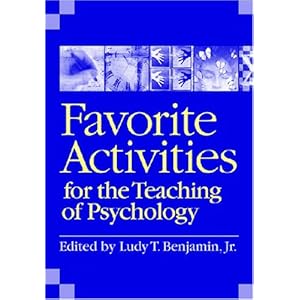This is the first post I (Chuck) will be making in regards to blended learning. There are probably as many versions of blended learning as there are teachers who use the style. One key aspect of blended learning is that the instruction moves away from teacher-led/teacher-directed class learning to more student-centered and self-paced learning.
In this entry and the entries to follow, I will be sharing my experiences, both positive and negative as well as frustrations and adjustments that I have had to make.

Some context is merited. After teaching for 29 years in traditional schools, that is, where technology may be considered important, but not a priority, I was often an outlier in my attitudes about teaching and learning. I never wanted to be the "sage on the stage." My teaching philosophy is mainly Constructivist where the learner must make his/her own meaning from the material. Student reflection has always been important. But lecture was the most expeditious way to transfer knowledge. So I poured the cup. I tried so many activities, projects, and discussions as well to avoid being the talker every day. That said, I also hated the idea of seat work. I thought I was wasting everyone's time. I was so very wrong. But with technology, the idea of seatwork has been transformed into practice that helps students learn, not just be filling out worksheets. In the past ten years or so, I have changed my tune on that topic. Guided practice is very important.
As a teacher, I have always second-guessed myself, my lessons, and my effectiveness. This has led to much reflection throughout my career. When it came to utilizing technology to help make learning more effective, I had some successes, but my classroom was always short of the desired resources and I lacked the expertise to implement the ideas I read about effectively. I was often frustrated.
When I learned of a school that focused on blended learning as a schoolwide priority, I became excited at the possibilities. After much effort, I was able to come to Mountain House, a planned community on the outskirts of the East Bay region of the San Francisco Bay Area. The community is quite diverse and also has a mix of suburban, rural, as well as international experiences.
Mountain House High School opened in 2014 and continues to grow, graduating its first class last spring.
Coming into my thirtieth year teaching at a new school was a strange and wonderful experience. I was still a teacher. The kids were still kids. That part definitely still worked. There was a new building, a new home, a new city, new people. All the teaching and professional habits I had built up had to be changed and reevaluated for their effectiveness.
My biggest challenge was changing my mindset/schema/paradigm for the new school. I had to learn lots of new software. The toughest was
Canvas, the Learning Management System that is a combination of gradebook, website, testing tool, and structure for everything that goes on in a course at our school. The kids had lots of experience with it, whereas I had very little. My students were teaching me on a regular basis both in terms of using Canvas as well as about the culture of the school. "It's not published" was a regular refrain early on. My kids had so much patience with me. I had neglected to click a button so the kids could see the assignment or the exam.
I was also fortunate that I had colleagues that I was able to meet with daily during a period called "collaboration." This department period is scheduled into every school day. This has been an amazing resource--to lesson plan, to pose questions, to get feedback on the kids/culture of the school, and to share both successes and frustrations.
*If you have questions or topics you'd like me to address, please ask in the comments and I will be happy to take them on
**Next time, more on moving the expertise from the teacher to the student and an introduction to Hyperdocs.
posted by Chuck Schallhorn




























